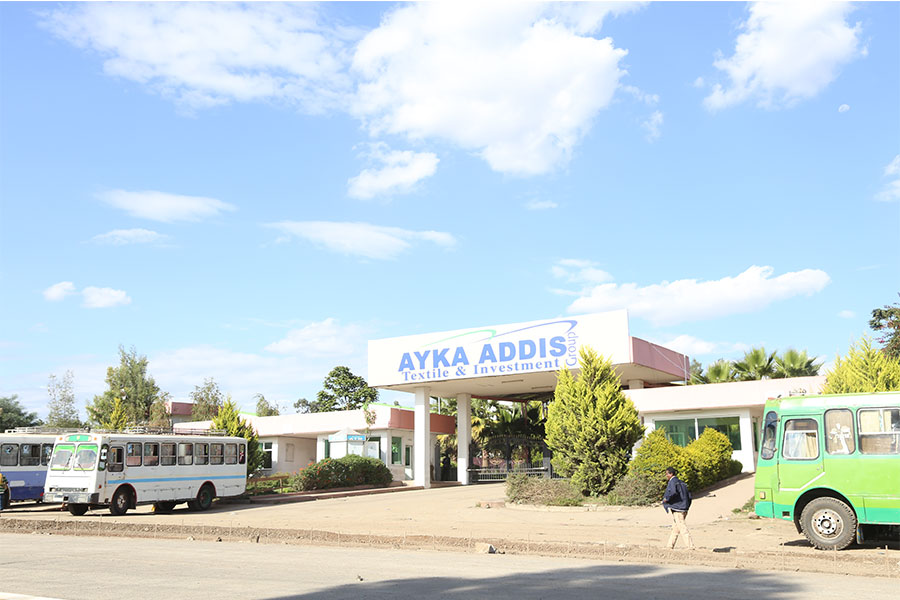
Fortune News | Dec 27,2018
Addis Abeba’s rapid expansion and population bulge outpaces its infrastructural development, leaving residents in many of the condominium sites in a precarious situation. Efforts are underway to address the predicament, but it is clear that integrated, long-term planning is needed to upgrade the city’s living conditions. Residents of Tafo condominiums in Yeka District face severe infrastructure limitations despite promises of utility installations upon their move. The Addis Abeba Housing Corporation’s developments, although attractively priced, are plagued by frequent power outages and an inadequate sanitation system that leaves the area reeking, particularly during the rains. The area’s woes mirror the more expansive city’s, with essential services struggling to keep pace with rapid urban expansion.
Infrastructure lag is a critical issue across the capital. A staggering 92pc of its residents experience regular power outages. This is attributed to equipment deterioration and a grid struggling under the weight of demand, with a dire electricity supply. Water scarcity remains a pressing issue, with residents in Kolfe Qeranio and Gulele districts receiving water only twice a week. Addis Abeba Water & Sewage Authority points to the growing demand and the authority’s response of digging new wells as stop-gap measures. Healthcare access is another critical concern, with only 76pc coverage in the city. Despite expansions in public hospitals and health centres, increased costs and poor resource utilisation are pressing problems. The Community Based Health Insurance (CBHI) scheme’s premium hikes have added to the residents’ financial burden, signifying a need for better healthcare financing models.
Transport woes compound the residents’ troubles, with public transport scarce and road networks insufficient for the city’s needs. Daily commuters endure long waits and crowded buses, with a lack of rail options exacerbating the hardship. The city’s motorisation rate and road density are alarmingly low, contributing to frequent road accidents and significant congestion, particularly in high-traffic areas like Haile Garment, Bole Bulbula, and Gurd Shola. The Addis Abeba Transport Bureau, backed by a 318 million Br budget and World Bank aid, is undertaking expansions of bus terminals and fleet enhancements to deal with transportation issues. However, experts argue for a more comprehensive approach, urging a shift from horizontal expansion to vertical city growth to better accommodate the transportation needs of a growing population.
You can read the full story here
PUBLISHED ON
Nov 04,2023 [ VOL
24 , NO
1227]

Fortune News | Dec 27,2018
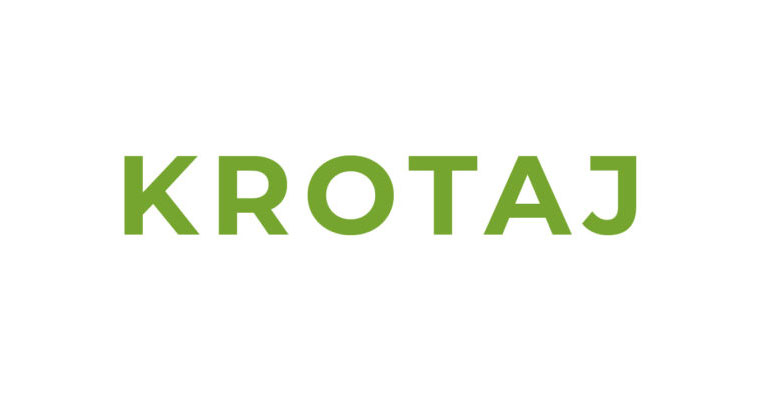
Fortune News | Feb 16,2019

Radar | Mar 09,2019

Fortune News | Jun 08,2024
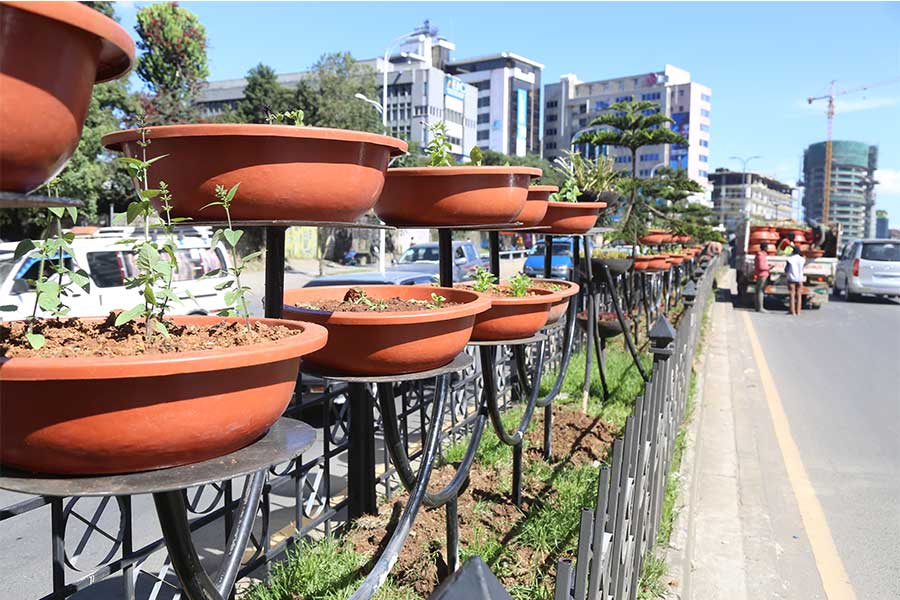
In-Picture | Oct 19,2019
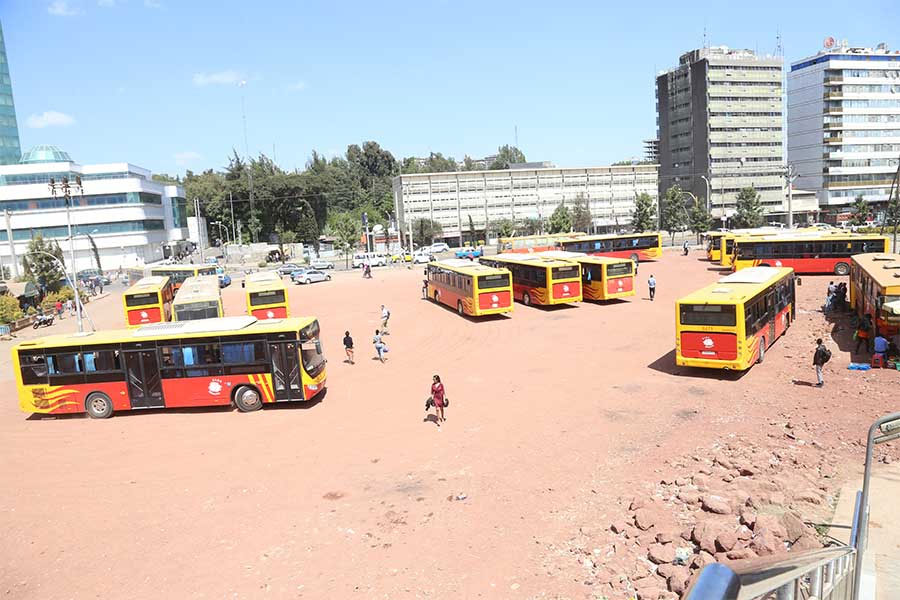
View From Arada | Feb 05,2022

My Opinion | Jul 20,2024

Radar | May 25,2019
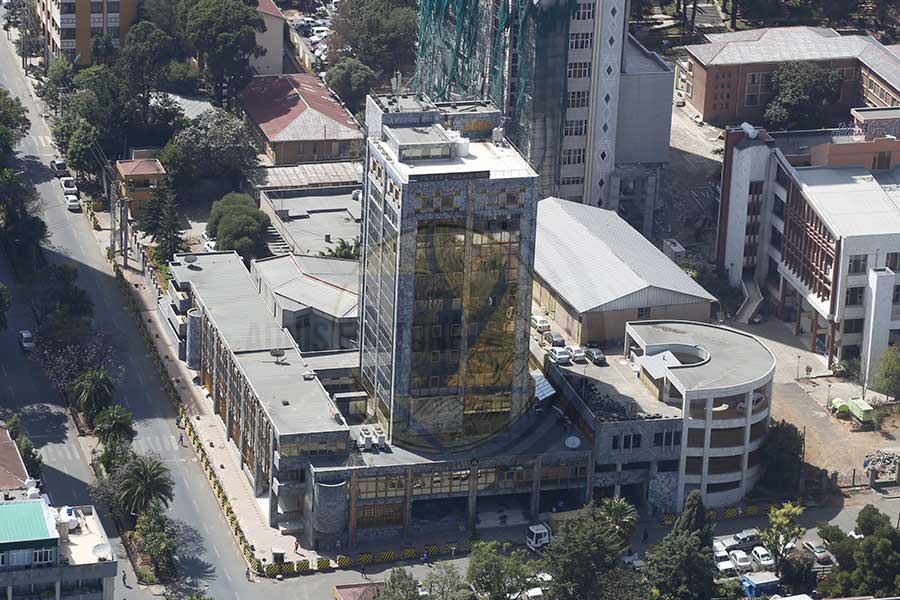
Fortune News | Mar 05,2022
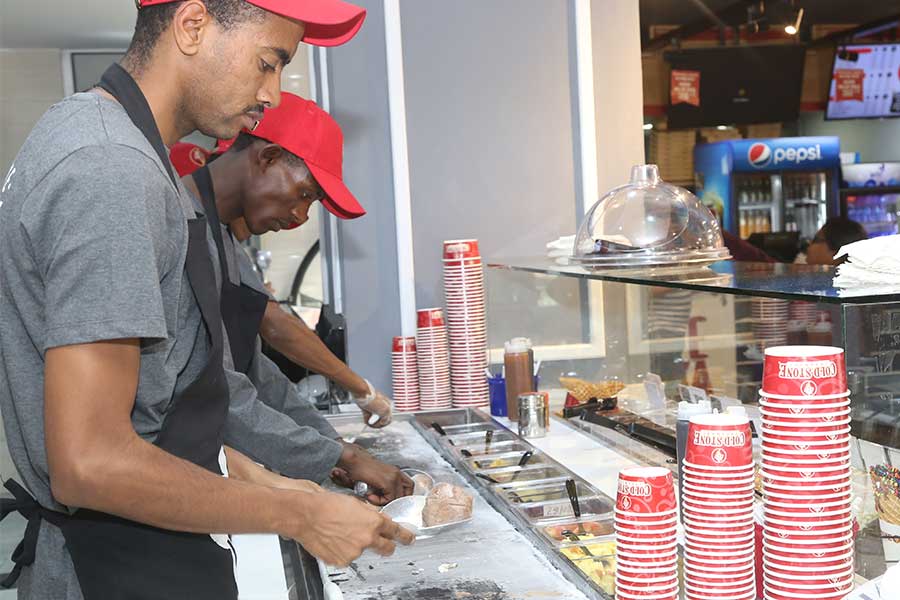
Fortune News | Feb 29,2020

Dec 22 , 2024 . By TIZITA SHEWAFERAW
Charged with transforming colossal state-owned enterprises into modern and competitiv...

Aug 18 , 2024 . By AKSAH ITALO
Although predictable Yonas Zerihun's job in the ride-hailing service is not immune to...

Jul 28 , 2024 . By TIZITA SHEWAFERAW
Unhabitual, perhaps too many, Samuel Gebreyohannes, 38, used to occasionally enjoy a couple of beers at breakfast. However, he recently swit...

Jul 13 , 2024 . By AKSAH ITALO
Investors who rely on tractors, trucks, and field vehicles for commuting, transporting commodities, and f...

Oct 18 , 2025
The political establishment, notably the ruling party and its top brass, has become p...

Oct 11 , 2025
Ladislas Farago, a roving Associated Press (AP) correspondent, arrived in Ethiopia in...

Oct 4 , 2025
Eyob Tekalegn (PhD) had been in the Governor's chair for only weeks when, on Septembe...

Sep 27 , 2025
Four years into an experiment with “shock therapy” in education, the national moo...